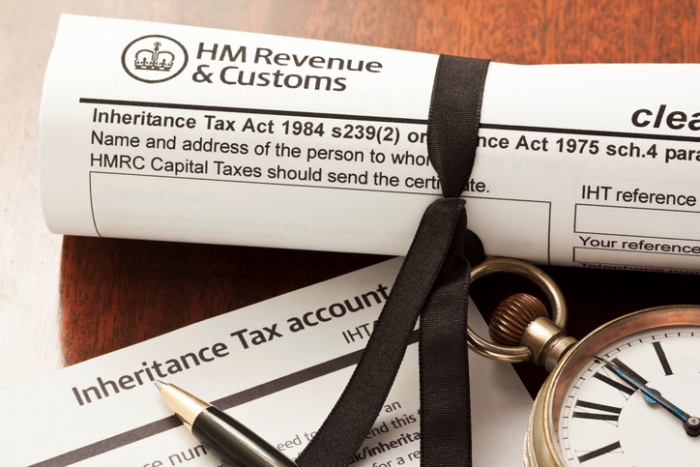Millions of Africans are falling deeper into poverty due to high health costs, according to The World Health Organization (WHO), which has urged countries across the continent to reduce the financial strains those costs place on their population.
In its report, the WHO said most African countries were continuing to rely heavily on out-of-pocket payments to fund their health services.
Globally, half of all people impoverished because of out-of-pocket health payments live in Africa – a rising and worrying trend, the WHO said.
It warned the practice continued to place a financial burden on more than 200 million people, including pushing more than 150 million people into or deeper into poverty across the region.
It also exacts a heavy price on people’s health and hampers progress in attaining universal health coverage.
Between 2000 and 2019, which was the latest data available to the WHO, the number of people making ‘catastrophic’ out-of-pocket payments, meaning spending more than 10% of their household budget on medicines and other healthcare costs, rose every year by 2.5 million people.
In real terms that meant an increase from 52 million people in 2000 to 95 million in 2019.
That said, some progress, albeit at a slower pace than globally, has been made during the same period, with the overall number of people pushed into or deeper into poverty because of out-of-pocket payments having halved between 2000 and 2019.
WHO regional director for Africa Dr Matshidiso Moeti said: “Having to pay for medicines and other healthcare costs out of their own pocket can instantly bend the trajectory of someone’s life toward financial hardship and ill health.
“Such payments force many people to spend less on other basic needs such as food, housing and utilities, which, in turn, may worsen their conditions.
“This also creates a major barrier for the poorest and the most vulnerable who cannot get, as a result, the care they need.
“Despite countries’ efforts to build more sustainable health financing systems, more needs to be done so that people across Africa have access to the quality health services they need, when and where they need them, without having to fall into financial hardship.”






